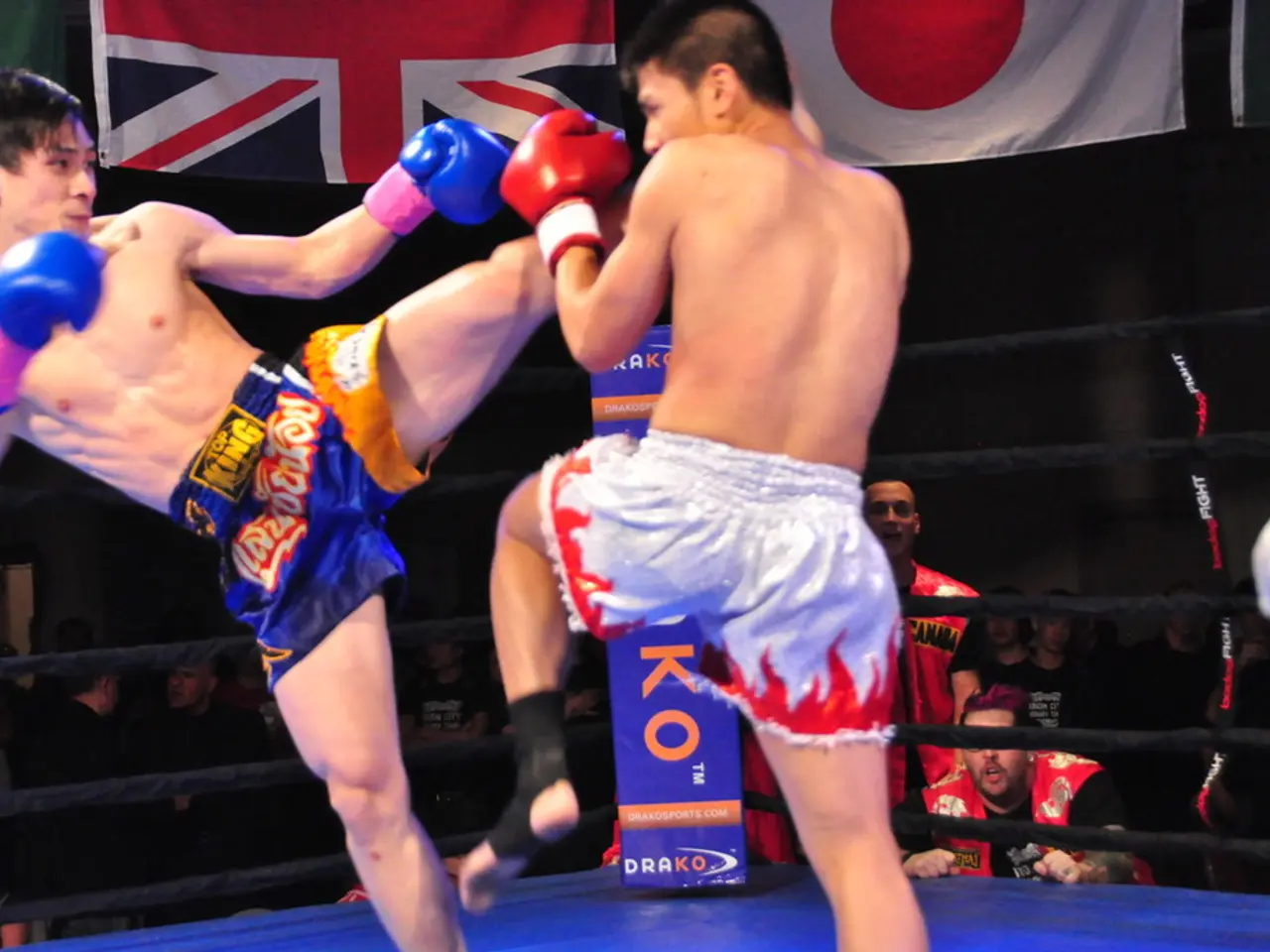MMA and UFC are Not Identical: Examining the Differences
The Ultimate Fighting Championship (UFC) has played a pivotal role in the history and development of Mixed Martial Arts (MMA) worldwide, marking the transition of MMA from a largely unregulated spectacle to a mainstream, highly professional sport.
### History of the UFC
The UFC was founded in 1993 by Art Davie and Rorion Gracie as a competition to find the "Ultimate Fighting Champion." Initially structured as one-night tournaments with no weight classes or formalized rules, fighters from various martial arts backgrounds competed in what resembled a "no holds barred" contest, which alarmed regulators and the public alike.
Early UFC events faced heavy criticism, notably from U.S. Senator John McCain, who labeled it "human cockfighting," leading to a loss of television deals and bans in many states. Responding to this, by 1997 UFC introduced weight classes starting at UFC 12, implemented a ruleset with prohibited techniques such as fish-hooking and hair-pulling, required gloves, and adhered to medical checks. This effort aligned UFC with athletic commissions, improving its regulatory acceptance and safety standards.
The UFC's weight classes expanded into multiple divisions by the early 2000s, following regulation by bodies like the New Jersey State Athletic Control Board, which formalized rules and weight divisions that became standard across MMA. A major turning point came with the 2005 reality show The Ultimate Fighter, which brought UFC into mainstream consciousness by showcasing fighter personalities and competitive drama, effectively saving the promotion and popularizing MMA.
Legendary fighters such as Georges St-Pierre, Anderson Silva, and Conor McGregor rose to prominence through UFC, elevating the sport's global appeal. The UFC also broke ground by adding successful women’s divisions, with stars like Ronda Rousey drawing huge audiences and expanding MMA's fanbase.
### Significance of the UFC in MMA
The UFC is recognized as the pioneer and most influential organization in shaping modern MMA, setting the standard for rules, judging, athlete promotion, and event production. It transformed a disorganized and controversial fighting style into a legitimate sport with widespread acceptance, legitimacy in the eyes of athletic commissions, and lucrative sponsorship deals.
UFC events have helped make MMA a global phenomenon, attracting millions of fans and generating substantial pay-per-view revenue, contributing to the growth of MMA gyms, training methodologies, and grassroots participation worldwide. The organization's impact is also cultural, turning fighters into household names and helping MMA become a major sport alongside traditional combat sports like boxing and wrestling.
In summary, the UFC's history reflects MMA’s evolution from underground tournaments to a globally respected sport with codified rules, professional athletes, and mass appeal. Its significance lies in legitimizing MMA, expanding its audience, and shaping its competitive and regulatory framework.
MMA has a history dating back to Ancient Greece, where athletes would compete in matches using various hand-to-hand combat techniques. The Ultimate Fighting Championship (UFC) is a major MMA brand that hosts hundreds of matches every year at venues worldwide.
References: [1] Sherdog. (2020). UFC History. Retrieved from https://www.sherdog.com/news/articles/UFC-History-158720 [2] Gagnon, J. (2016). The UFC's evolution from a controversial sport to a global phenomenon. ESPN. Retrieved from https://www.espn.com/mma/story/_/id/17424965/ufcs-evolution-controversial-sport-global-phenomenon [3] Fitch, M. (2018). The history of the Ultimate Fighting Championship. Sporting News. Retrieved from https://www.sportingnews.com/us/mma/news/the-history-of-the-ultimate-fighting-championship-ufc/1h97f1q52y6j11g6bvq1w6d395 [4] Lepore, M. (2016). The Ultimate Fighter: The Making of a Sport. Oxford University Press. [5] Duffy, D. (2018). The UFC: The Ultimate Fighting Championship. Rowman & Littlefield Publishers.
In the early days of the Ultimate Fighting Championship (UFC), it was a mixture of sports and martial arts disciplines, with fighters competing in events that resembled "no holds barred" contests, focusing on career developments in MMA. As the UFC evolved, it introduced weight classes, rules, and regulations to align with athletic commissions and improve safety standards, thereby enhancing fitness and athleticism within MMA.





